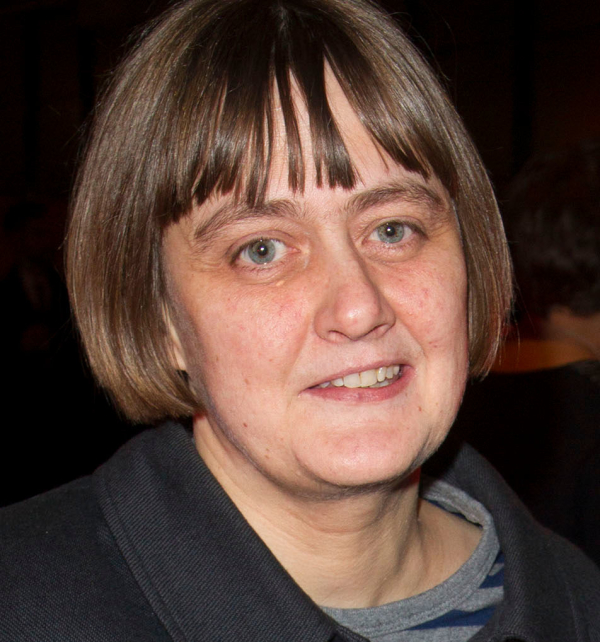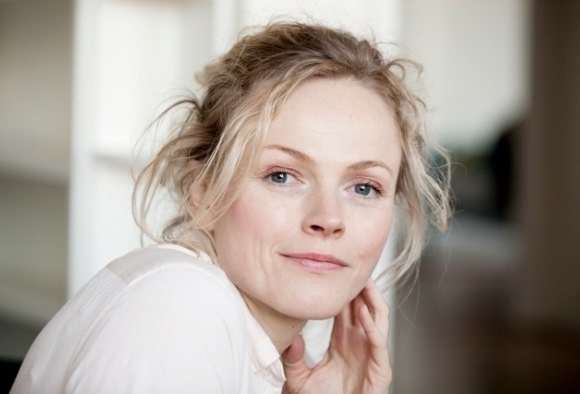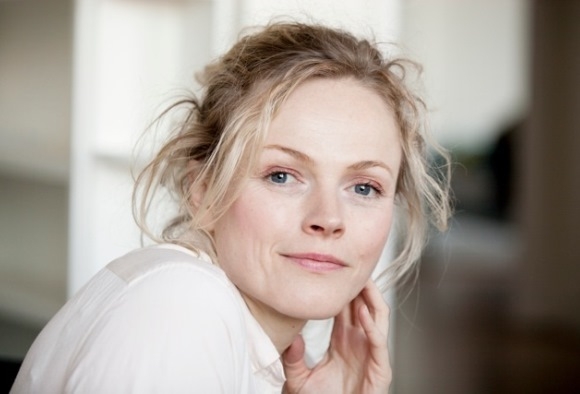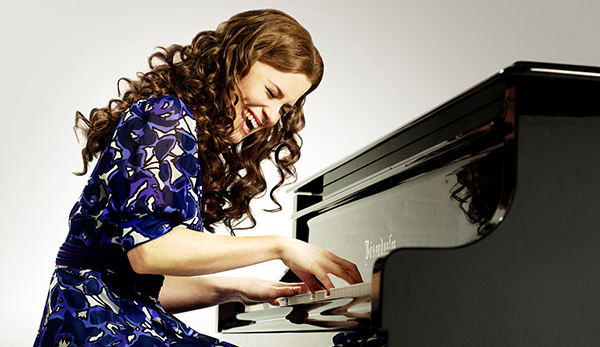Scuttlers (Royal Exchange) – 'atmospheric and tangible'

Manchester has a long-standing gang culture. The Gooch gangs and Noonan firms of today have their ancestry in the 'scuttlers' of Rona Munro's play; the territorial streetfighters of Victorian England. Cramped together in the Ancoats slum – as featured in last year's site-specific Angel Meadow – and working, precariously, in the city's cotton mills, Manchester's poor often bubbled over into violence.
Munro hones in on one particularly rivalry, between the Benghal Street Tigers and the Prussia Street clan. Mostly, the two sides stare each other down with shows of bravado, then occasionally tear through the other side's turf, swinging belt buckles and waving blades as they go. It's sport, but it takes only the slightest spark to tip into all-out war.
This is the backdrop for various personal narratives, from the brother and sister divided by opposing allegiances to a gnarly leadership challenge amongst the Tiger males. Munro diagnoses a crisis of masculinity, as young men puff their chests and lock horns with one another. Prussia Street's leader, George (Kieran Urquhart), frets about how to lead. Newbie Thomas Clayton – a lover not a fighter – steps up to prove himself. Women join in too: Rona Morrison's fiery Theresa runs at the front of the pack, Chloe Harris's Polly aspires to be one of the lads. Peer pressure abounds: gobby teen Margaret (Catriona Ennis) almost escapes into nursing, only to be dragged back into the fray.
It's driven by cycles: a culture of violence that breeds yet more violence, be that through revenge or role models. Wils Wilson, a site-specific specialist, draws that out with an atmospheric and tangible production that never lets up, as a large community chorus dart and dash through the space.
Fly Davis's sculptural design draws out the circular momentum of the mill machinery, the floor worn bare by countless roundabout footsteps. These gangs grow out of their working conditions, from dehumanising labour and exploitative industrialism. Above, a giant loom makes a kind of chandelier – a nod to the unaffordable luxuries being produced – before it lowers to become a jail cell.
That there's no escaping industrialism is echoed in Denis Jones and Peter Rice's ingenious, immersive soundscape. Jones turns the theatre itself into an instrument, so that mechanised bolts beat on its metal frame. You don't just hear his head-pounding industrial symphony, hammering and clanking away, you feel it right through your body. These scuttlers lived with that day in, day out. Little wonder Margaret complains of ear-ache.
On further inspection, she finds a bright blue butterfly coiled up inside: a symbol of potential that's so easily forgotten. The danger, Scuttlers says, is that we risk doing so again and again, as history turns circles and gangs beget gangs.
Scuttlers runs at Manchester's Royal Exchange until 7 March 2015














